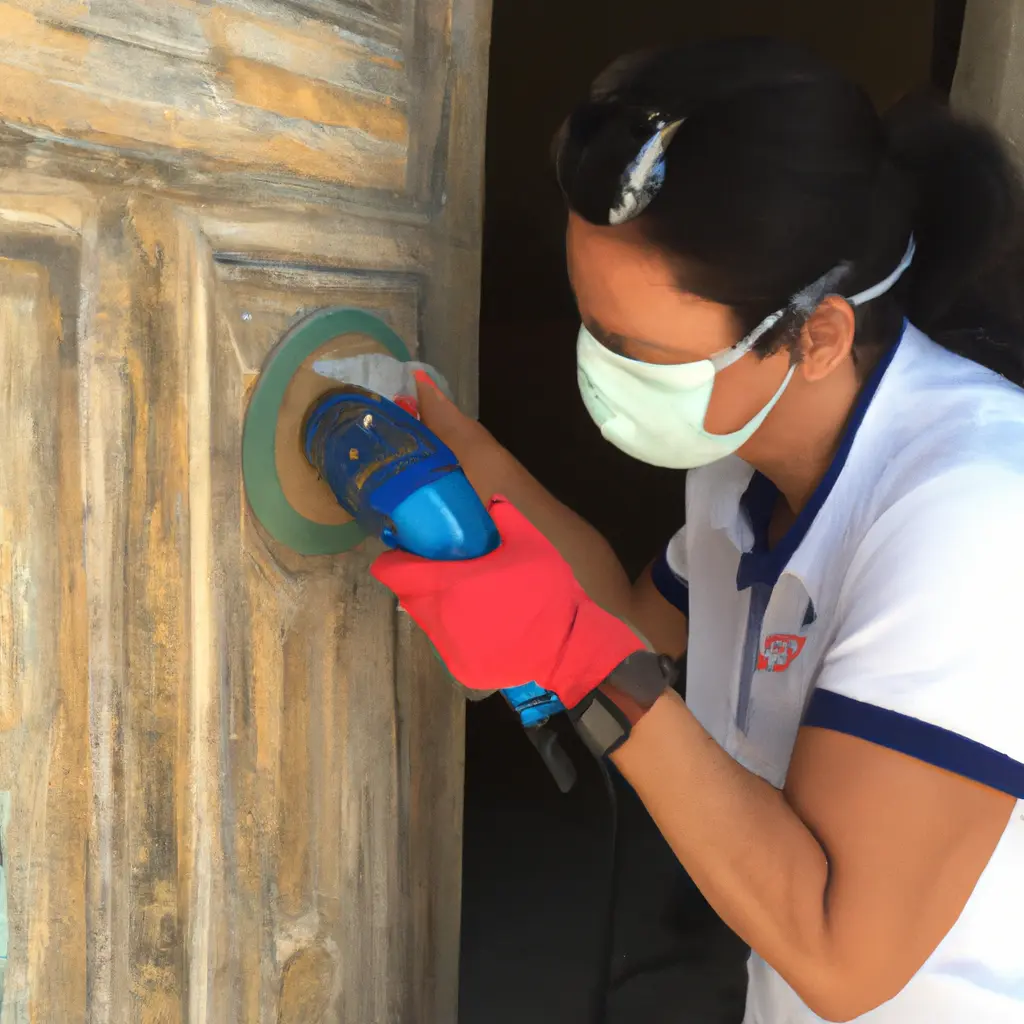How to actually buy a €1 house in Italy

Sign up for Simon Calder's free travel newsletter to receive expert travel tips and discounts. Wish to receive emails about offers, events and updates from The Independent. Read our privacy notice.
Principle of operation
The all-Italian initiative "Case 1 Euro" was launched in 2017 with the aim of rehabilitating abandoned buildings and attracting investment and residents to revitalize poorly populated rural areas. In recent years, more and more young people have been leaving the Italian countryside for the cities, forcing elderly relatives to hand over unoccupied houses to local authorities. Owners of secondary homes often do the same to avoid the taxes associated with owning real estate in Italy. These abandoned houses and buildings are then put on the market for the symbolic price of €1, although there are usually conditions attached to the purchase that vary from place to place.
The conditions that buyers must meet may include planning and completing the renovation of the property within a certain time frame and a commitment to live there for a certain amount of time. In Moussomeli, buyers must restore the exterior of the building to match the original facade. Inside the house, however, you can do whatever you want. But time is of the essence here: failure to meet the three-year deadline for renovating the house results in a fine of €5,000.
How does it work in practice?
Rubia ended up investing just €3.30 in three Sicilian properties as part of the €1 houses program. She encourages others to do the same: "We should explore the development of existing buildings instead of continuous construction and disruptive new projects. There are so many places in the world that need to be appreciated for what they are."
As a worker in the renewable energy and roofing industries, Ms. Daniels was not afraid of collapsing roofs. Instead, she prioritized "size, high ceilings, marble and location" when inspecting potential properties, intending to use original design elements. The three homes required extensive work when Rubia got the keys, and were much larger than renovation projects she had previously encountered. "The houses were a wreck when I got them," she says.
14 May 2025
13 May 2025
14 May 2025
13 May 2025
14 May 2025

So far, one house has been completely renovated except for minor work on the roof. This year, she is focused on renovating their main house; "I estimate it will take us another two months before we are done," she says.
As for the locals
They give a warm welcome to the new residents of the town. "I came from a small town, so it felt like coming home," says Rubia, who currently spends three or four months a year in Mussomeli and intends to move to Sicily to retire. "The people here are so welcoming and I fell in love with this town. With the wine, coffee and people, it was impossible not to fall in love with it."
She believes that the people of Mussomeli are relieved that development and cultural life is beginning in the town of 11,000 residents.
Removing years of plaster in favor of the original limestone walls was an "exciting" process for Rubia, and she is excited that "inside it will look like a little castle, all stone and art."
The initial home-buying process was “very easy and friendly,” says Ms. Daniels; local realtors “are very involved and do everything they can to help the buyer. The whole process with the paperwork and transaction went smoothly and without problems.
But houses don't work out so smoothly for everyone, as Australian expat Danny McCubbin discovered when he sold his €1 house in Mussomeli just two years after buying it. Delays due to the pandemic, rising material prices and a shortage of construction workers halted Mr. McCubbin's intention to open a catering project at his Sicilian property. Instead, he spent €8,000 on a more “premium” property with greater structural stability and advises potential buyers to “bring in a builder” to assess the condition of the building and avoid a similar fate.
Although prospective buyers must contribute funds to renovate their new home
That's a drop in the ocean compared to the amount needed to buy a traditional property. For example, UK property prices seem increasingly unaffordable for the next generation, according to mortgage experts from Halifax; the average down payment on a house in London is £115,759. “Spending £30,000 in California, you can't even buy a new car,” says Rubia. “It's a very small real estate investment that can be anything you want it to be.”
She is now one of the loudest supporters of this program.
“People from all over the world are buying these homes and it's creating a diverse community of Koreans, Belgians, Argentinians, Brazilians and Chinese, which is fundamental to the global movement that's happening in this small town,” she says. “I just wish people, especially women, would take the opportunity to buy their own little place and enjoy the process because it's a fantastic experience.”
Comment
Popular Offers

Subscribe to the newsletter from Hatamatata.com!
Subscribe to the newsletter from Hatamatata.com!
I agree to the processing of personal data and confidentiality rules of Hatamatata











